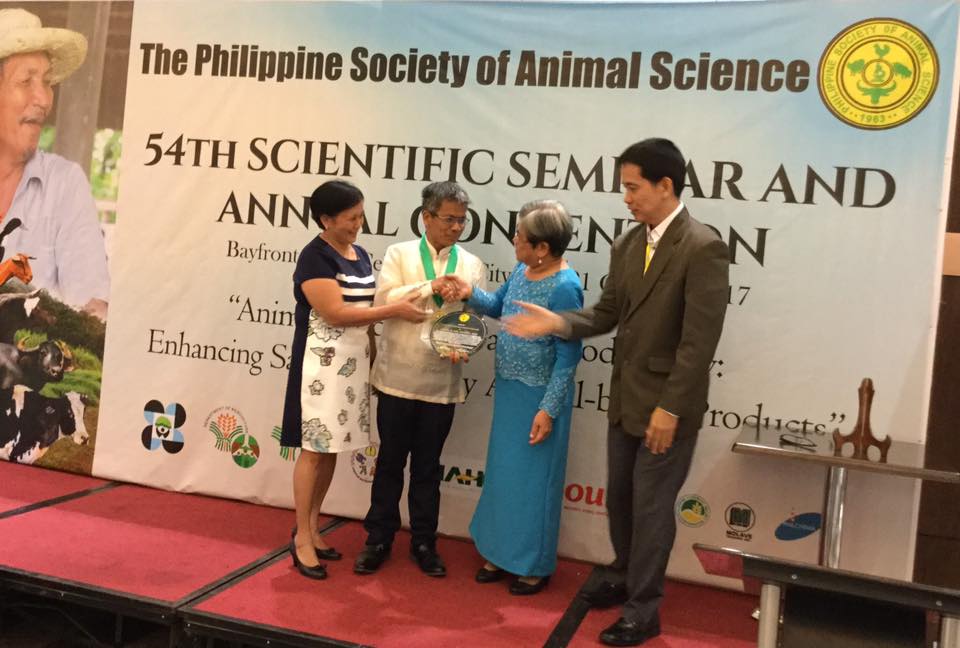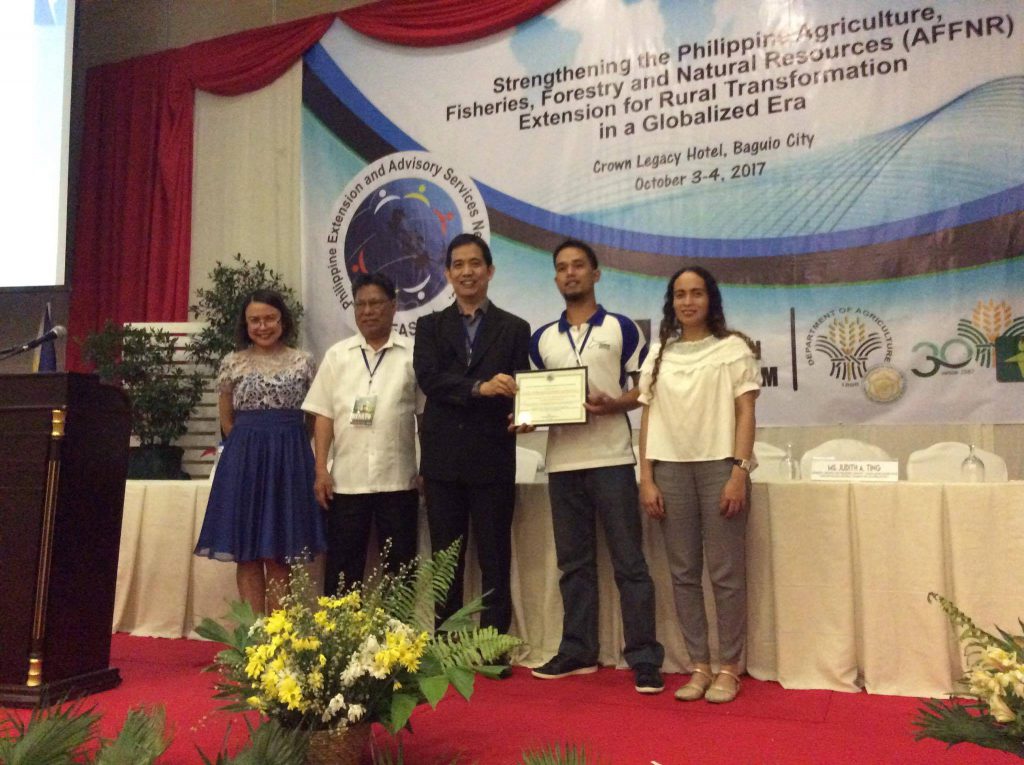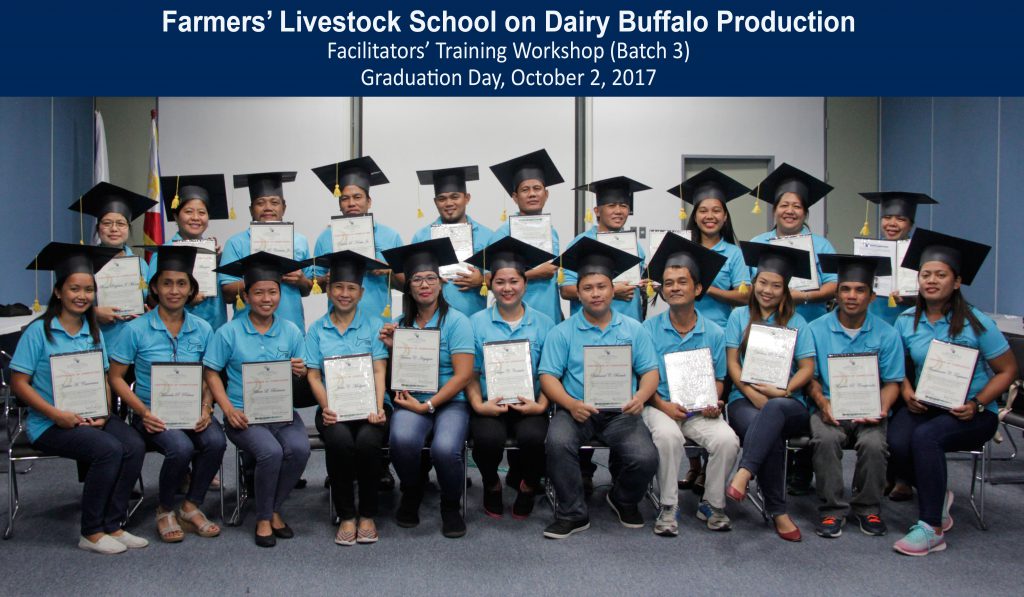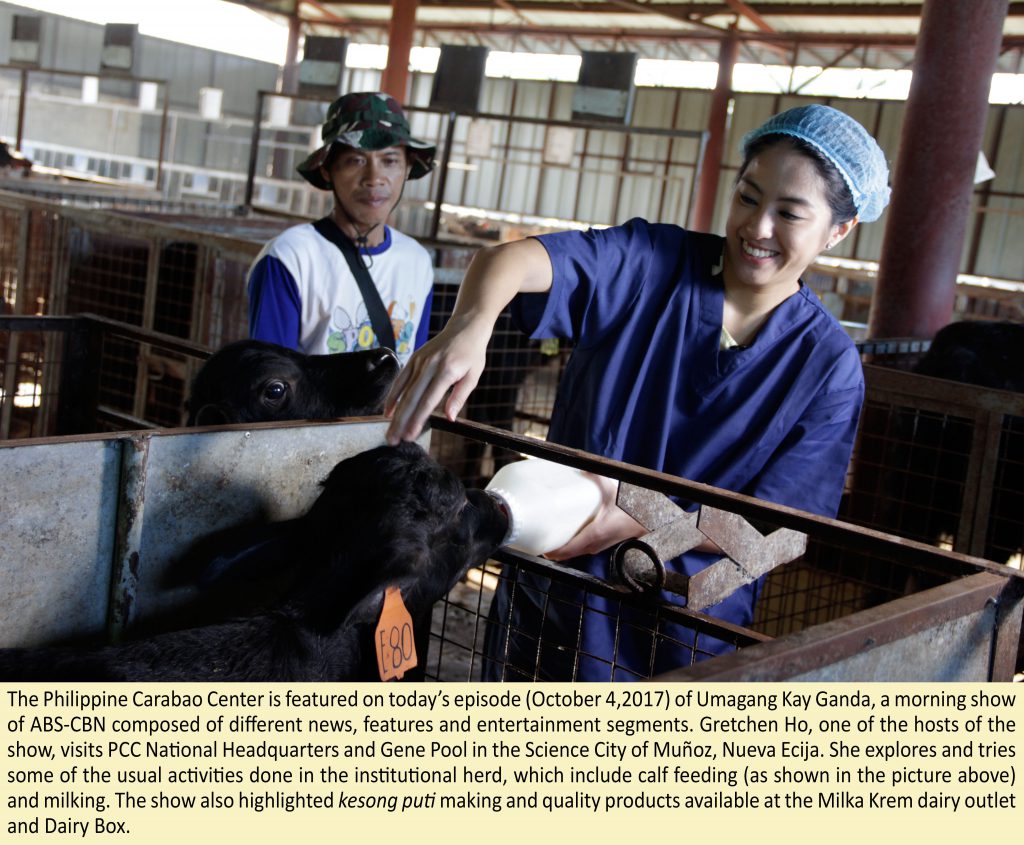Challenges faced by the public and private sectors engaged in enterprises anchored on the carabao industry in some Asian countries, including the Philippines, and opportunities out of these challenges were discussed in an International Conference on Carabao-based Enterprise Development (CBED) held at the Philippine Carabao Center (PCC) National Headquarters and Gene Pool in the Science City of Muñoz, Nueva Ecija on October 26-27.
“The objectives of this event are to share scientific and technological knowledge and best practices, and to explore beneficial partnerships and collaborations,” Dr. Arnel del Barrio, executive director of the PCC, said.
Philippines
Dr. Flordeliza Lantican, Project Leader of the CBED Value Chain Analysis (VCA) in the Philippines and one of the plenary speakers, suggested [basing on the VCA] that there is a need for strategic partnerships between government and private agencies to hasten the development of the industry.
“You [PCC] already have strong cooperatives. Now, you need to partner with DTI (Department of Trade and Industry) and DOST (Department of Science and Technology) to improve the quality of your product if you want to penetrate the market,” she said.
She added that there is a need to increase the knowledge of the cooperatives in marketing quality milk.
Senator Cynthia Villar, in her keynote speech read by her representative and Chief-of-Staff, Atty. Rheagee Tamaña, also emphasized the need to train smallholder farmers in agribusiness and entrepreneurship.
On the other hand, del Barrio emphasized the need to partner with other countries as well, because according to him, “it is difficult to develop the [carabao] industry without [foreign and local] partners.”
“The road to dairy development is rough, but with the partners from India, Laos, Thailand and the Philippines, it will become easier for us,” he said.
He added that since India is the largest milk-producing country in the world, the Philippines needs their knowledge and expertise.
India’s dairy industry
Three of the ten speakers in the conference are from India. They are Mr. Sriram Singh, executive director of the National Dairy Development Board (NDDB) Dairy Services; Dr. Avnish Kumar, Principal Scientist of the National Bureau of Animal Genetic Resources (NBAGR); and Mr. Sagi Ram Mohan Rao, Chief Operations Officer of the Mother Dairy Fruit and Vegetable Pvt., Ltd.
Singh tackled the key strategies employed by the NDDB to increase their country’s milk production. He shared that India’s production was scant during the 1950’s to 1960’s. It gradually increased in the 1970’s to 1990’s; and it skyrocketed in 2015-2016.
He shared that “linking the production center to the market in an efficient manner, setting up facilities in strategic locations, year round remunerative market for milk producers, timely and reliable services (e.g. animal feedstuff, Artificial Insemination facility, animal health care), creating institutions owned, managed, and controlled by the producers themselves (e.g. cooperatives),” helped in the rapid development of the industry in India.
Dr. Kumar, on the other hand, discussed Information Technology application in animal production, specifically in animal genetic resources inventory, data processing system for field survey of breeds, databases on animal genetic resources, and use of geographic information system.
He said that the benefits from the animal recording system are decision support for efficient farm management, genetic improvement of animals, disease management, among others.
Susie Martin, CEO and Director of Sales and Marketing of Laos Buffalo Dairy, and Charinee Chaiyochlarb of Murrah Farm in Thailand, also shared their respective experiences in marketing carabao milk products, along with problems encountered and strategies employed.
Other speakers are Dr. Libertado C. Cruz, former PCC Executive Director and Technical Adviser discussing the Philippine experience in CBED; Mr. Juan Miguel Mercado, owner of Mr. Moo’s Milk Planet Co., and Mr. Danilo V. Fausto, owner of DVF Dairy Farm, Inc., for the Philippine private sector perspective; and Dr. Eric P. Palacpac, chairperson of PCC’s Knowledge Management Division, on the Science of Delivery, which proposed a model or framework for a more effective delivery system in CBED.
The two-day event was organized by SEARCA in partnership with PCC, and was attended by about 200 farmers, entrepreneurs, government agencies, researchers, and scientists.





